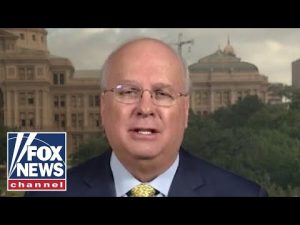In this perplexing world of international politics, there are those who stand firm with clarity and conviction, while others seem to lose themselves in the fog of misguided philosophies. As we watch the Democrats appear to dance on the fine line between political correctness and sheer absurdity, it’s hard not to wonder if they’re having a secret contest to see who can err the furthest from sanity. A prime example of this bewildering behavior is the approach many on the left have taken towards Israel, a democratic nation fighting for its survival against terrorists and extremists who seem allergic to peace.
The left’s love affair with the oppressor-vs-oppressed narrative has them seeing mirages in the Middle East. They paint Israel as the big, bad wolf, casting the Palestinians as the poor, helpless victims. This fairy tale, however, skips the part where Israel has made several peace offerings over the years, offering land and shared space, only to be met with a resounding “no.” The reality is often more complex than the simple storylines some want to believe, but willingly ignoring facts doesn’t turn fiction into truth.
On the other side of this diplomatic debacle stands a figure who, love him or hate him, can’t be accused of fearing boldness—Donald Trump. His Middle East strategy was a splash of cold water to those used to the tepid rinse of traditional diplomacy. Trump’s approach, though dismissed by some as unconventional, has shown that sometimes you need more than just polite conversation with those who underline their intent with missiles and militant rhetoric. Trump’s dealings with the Gulf States infused a businessman’s pragmatism into politics, revealing an insightful understanding: if nations are busy building economies, they might just resist the urge to tear each other apart.
This fresh perspective, grounded in the real world where economic collaboration can foster peace, strikes a stark contrast to the naive hope that radical groups like Hamas, Hezbollah, and other like-minded entities can be swayed by kind words or financial incentives. Trump knew they didn’t care about tokens of goodwill or empty promises, but rather respected the clout that came with a show of strength. Instead of courting a crowd not interested in orchestras or ballroom dances, Trump’s administration played a different tune—one that renounces the fantasy of universal brotherhood without accountability.
The divide between these political doctrines couldn’t be clearer. While part of the left seems to have enrolled in cloud-cuckoo-land’s school of policy, Trump has made a practical case for peace through strength and economic interdependence. It’s a doctrine echoing Reagan’s policy from back in the day, one that makes you wonder if Reagan’s spirit dropped a few notes on Trump’s desk. Who knows, maybe in some alternate universe the Democrats will take a page from this playbook, but for now, watching them fumble their global strategy tends to make one thankful for the occasional brilliance of audacity.







